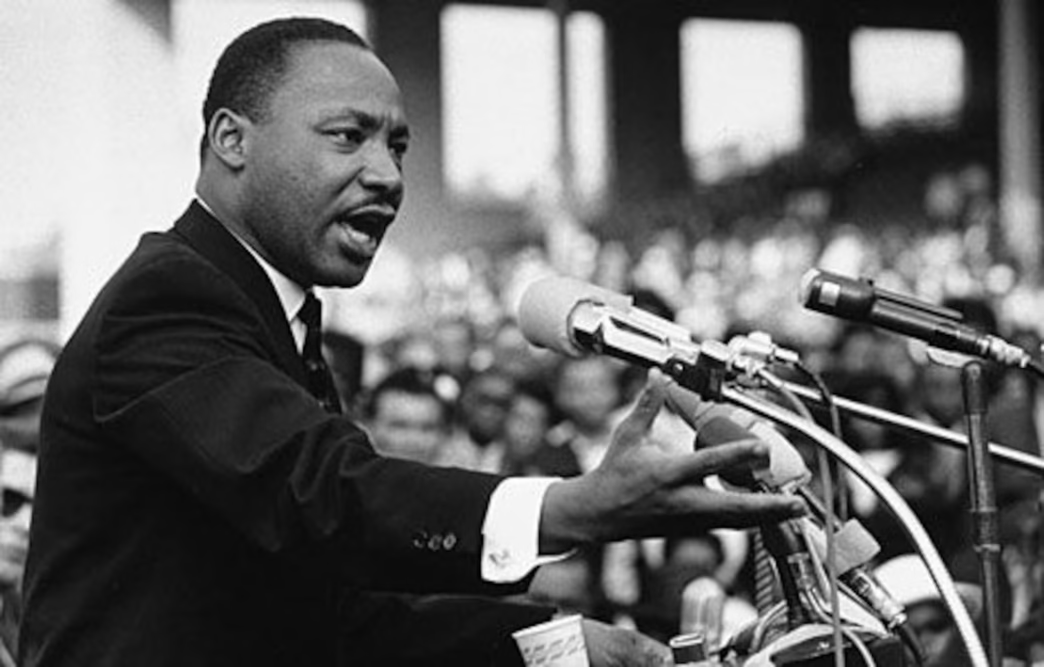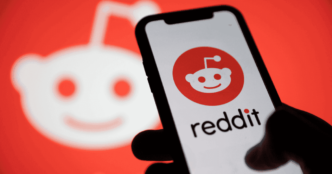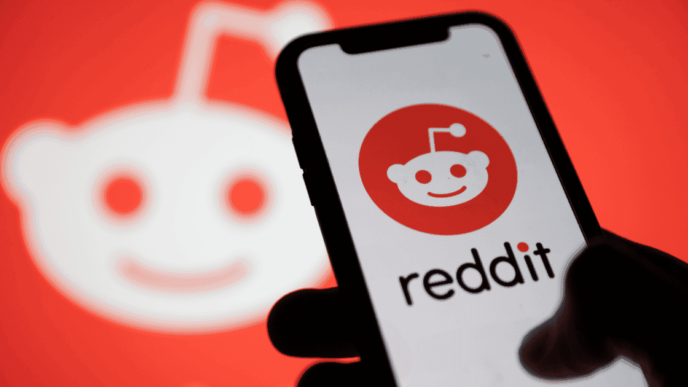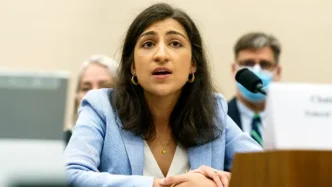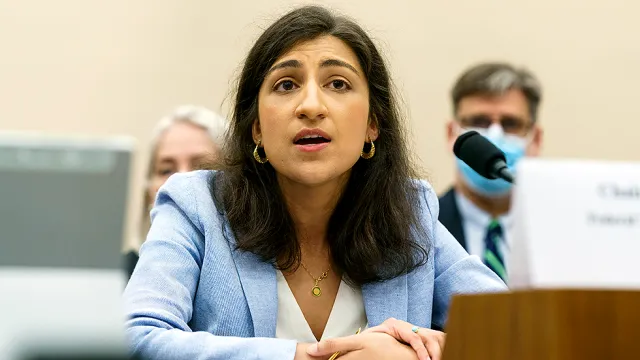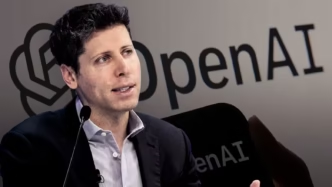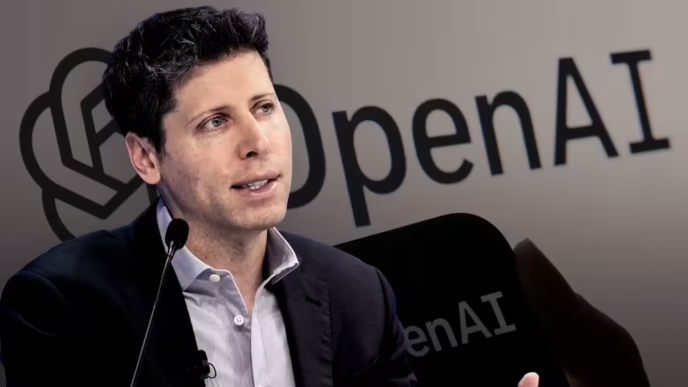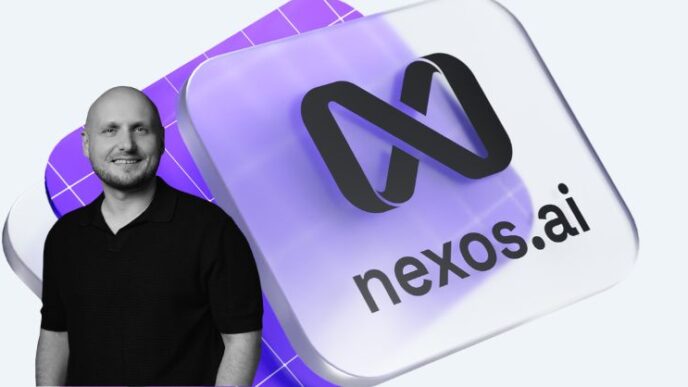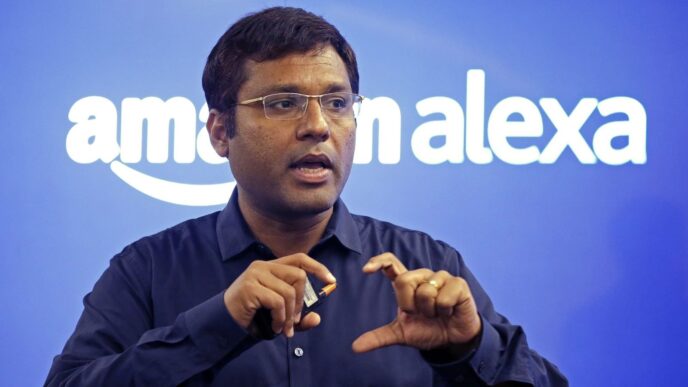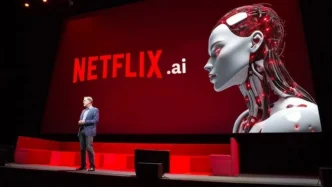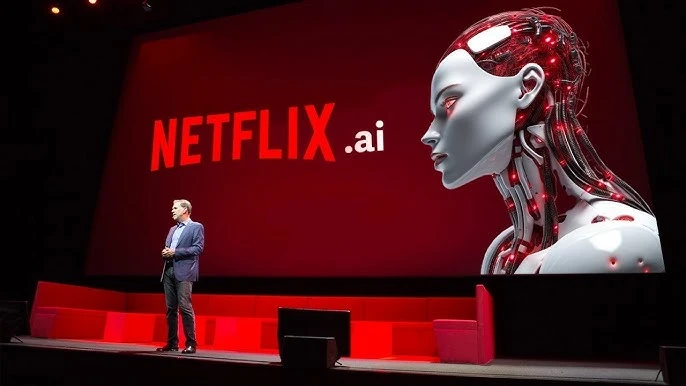OpenAI has temporarily halted the ability to create Sora video generations depicting Dr. Martin Luther King Jr. after reports surfaced of offensive and disrespectful uses of the civil rights leader’s likeness. The decision came at the request of Dr. King’s estate, which raised concerns about how the AI model was being used on OpenAI’s new social video platform.
In a statement posted on X, OpenAI said that while freedom of expression is important, it believes public figures and their families deserve the right to decide how their image and voice are used in AI-generated media. “Authorized representatives or estate owners can request that their likeness not be used in Sora cameos,” the company explained.
The King Estate and OpenAI confirmed that they are working together to prevent future misuse of Dr. King’s image. The move follows a wave of AI-generated videos that portrayed the activist in degrading and offensive scenarios. Some of these clips reportedly showed Dr. King making animal noises or engaging in fictional fights with other historical figures like Malcolm X.
Dr. Bernice King, his daughter, recently urged the public to stop circulating AI videos of her father, echoing similar requests made by Robin Williams’ daughter regarding AI recreations of her late father. Both appeals highlight the growing unease surrounding deepfake technology and the ethical use of AI when recreating real individuals.
Sora, launched only weeks ago, lets users generate short, hyper-realistic videos featuring real people, fictional characters, or even deceased public figures. The app has quickly drawn criticism for its lack of guardrails. Users have uploaded thousands of AI-generated clips featuring famous personalities such as Whitney Houston, Bob Ross, and John F. Kennedy — often in distorted or inappropriate contexts.
The Sora video generation controversy adds to a broader debate over how AI platforms should handle likeness rights and copyrighted content. Many videos on the app also feature cartoon characters like SpongeBob and Pokémon, raising further questions about how AI intersects with intellectual property law.
In response to the backlash, OpenAI said it will soon give copyright holders and estates more control over how their likenesses are used in AI-generated videos. This follows criticism from Hollywood studios, which voiced concerns that Sora could be used to reproduce copyrighted scenes and characters without permission.
The company has also introduced a series of new restrictions since Sora’s launch. While it has become more proactive in moderating Sora’s outputs, OpenAI recently took a contrasting approach with ChatGPT, announcing that adult users will soon be able to engage in more “mature” chat experiences. This highlights the company’s ongoing struggle to balance user freedom with ethical responsibility across its platforms.
Internally, some OpenAI researchers have expressed concern about how a social video platform like Sora aligns with the company’s nonprofit mission. CEO Sam Altman admitted the team felt “trepidation” on launch day, acknowledging the social and ethical challenges that come with releasing such powerful generative tools to the public.
Nick Turley, OpenAI’s head of ChatGPT, said earlier this month that the company believes in learning through real-world deployment. “The best way to teach the world about new technology,” he noted, “is to put it out there.” Sora’s launch is proving that this philosophy comes with real-time lessons about control, creativity, and responsibility and the company appears to be learning fast.

